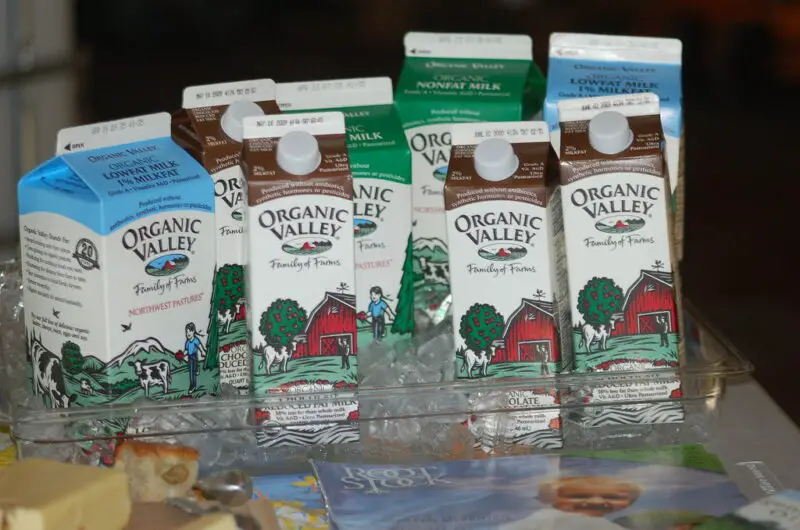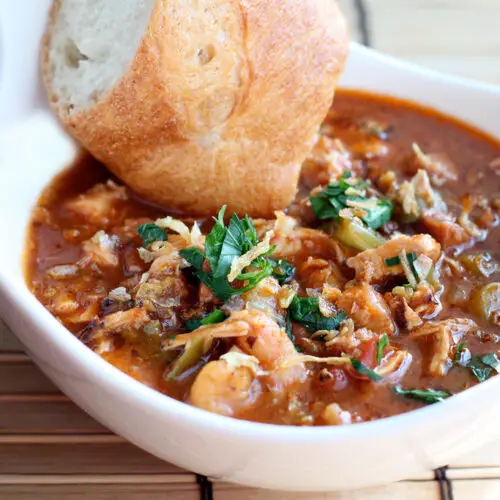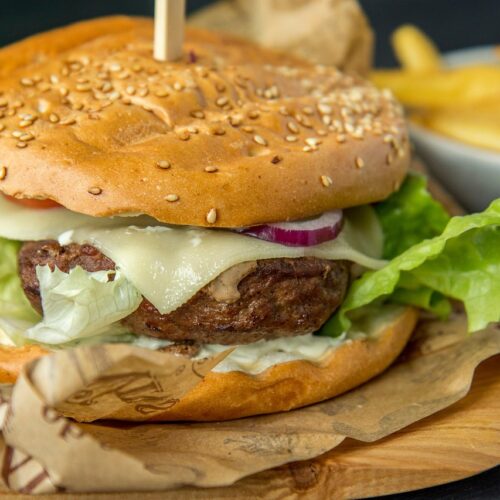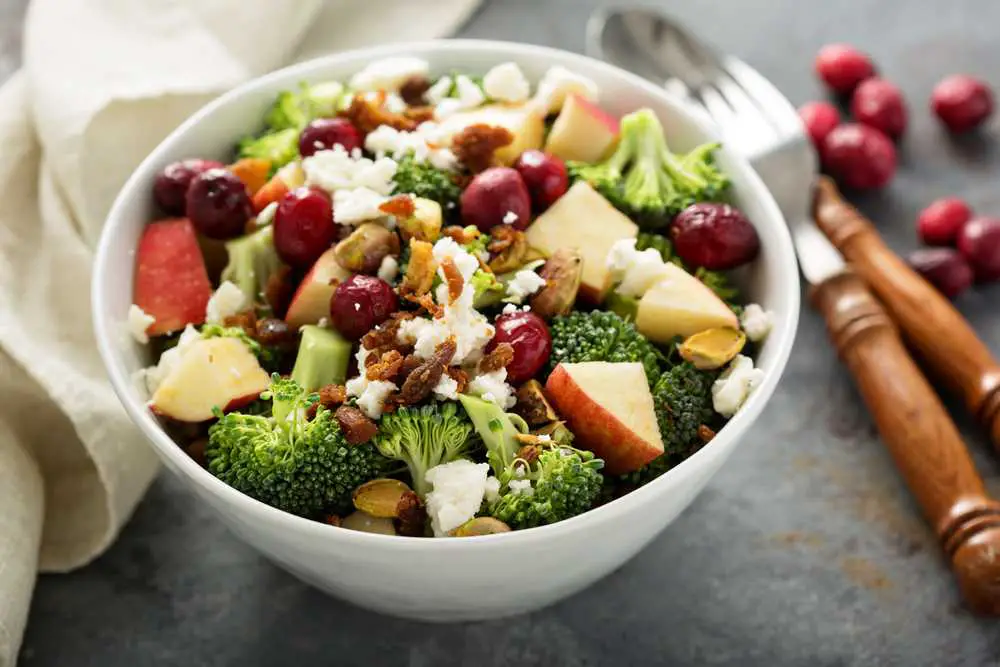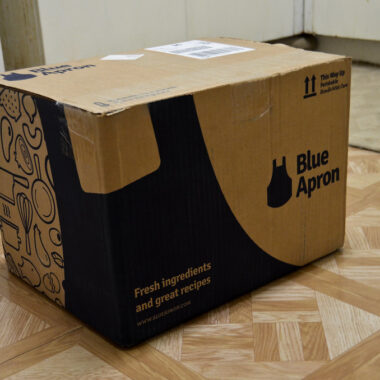In recent years, health and wellness have become more than just buzzwords—they’re a lifestyle shift driving consumer choices worldwide. With rising awareness about nutrition, sustainability, and mental well-being, food brands are stepping up to meet the demand for products that nourish both body and planet. Today’s consumers want transparency, quality ingredients, and ethical practices, and the top food brands committed to health and wellness are delivering just that. From plant-based pioneers to organic innovators, these companies are redefining what it means to eat well in 2025. This article explores some of the standout brands leading the charge, their commitments, and why they matter in today’s food landscape.
1. Beyond Meat: Revolutionizing Plant-Based Eating
Few brands have made as big a splash in the health and wellness space as Beyond Meat. Founded in 2009 by Ethan Brown, this California-based company has become synonymous with the plant-based movement. Beyond Meat’s mission is simple yet ambitious: to create delicious, nutritious alternatives to animal protein that benefit human health, the environment, and animal welfare.
Their flagship products—like the Beyond Burger and Beyond Sausage—are crafted from pea protein, mung bean, and rice, delivering a meaty texture and taste without cholesterol, hormones, or antibiotics. A single Beyond Burger packs 20 grams of protein, rivaling traditional beef, while cutting saturated fat significantly. In 2025, Beyond Meat continues to innovate, rolling out lower-sodium options and expanding into plant-based chicken and pork alternatives, responding to consumer feedback about sodium levels and variety.
What sets Beyond Meat apart is its commitment to science-backed nutrition. The brand collaborates with nutritionists and researchers to ensure its products align with heart-healthy diets, earning endorsements from organizations like the American Heart Association. Beyond Meat also prioritizes sustainability, with a 2024 report showing their products use 99% less water and 93% less land compared to beef production. For health-conscious consumers and eco-warriors alike, Beyond Meat remains a trailblazer.
2. Organic Valley: Purely Organic, Farmer-First
When it comes to dairy and organic foods, Organic Valley stands out as a beacon of integrity. Established in 1988 by a group of Wisconsin farmers, this cooperative has grown into one of the largest organic food brands in the U.S., offering milk, cheese, eggs, and plant-based beverages. Their ethos? “Organic is better—for people, animals, and the earth.”
Organic Valley’s commitment to health starts with its refusal to use synthetic pesticides, hormones, or GMOs. Their milk, for instance, comes from pasture-raised cows, which studies show produces higher levels of omega-3 fatty acids and conjugated linoleic acid (CLA)—nutrients linked to heart and immune health. In 2025, the brand expanded its plant-based line with organic oat milks and almond blends, catering to the growing demand for dairy alternatives without compromising on purity.
Beyond nutrition, Organic Valley’s farmer-owned model ensures ethical sourcing. Profits go back to the 1,600+ family farms in the co-op, supporting rural communities and sustainable agriculture. Their packaging is increasingly eco-friendly too, with recyclable cartons and a pledge to reach carbon neutrality by 2030. For consumers seeking clean, traceable food, Organic Valley delivers trust in every bite.
3. Vital Farms: Ethical Eggs and Beyond
Eggs might not scream “health food” to everyone, but Vital Farms is changing that perception. Founded in 2007 in Austin, Texas, this brand has redefined egg production by prioritizing animal welfare and quality. Their pasture-raised hens roam freely on 108 square feet of land each—far exceeding industry standards—resulting in eggs richer in vitamins A, D, and E, plus omega-3s.
Vital Farms’ health commitment extends beyond nutrition. By avoiding antibiotics and hormones, they ensure their eggs (and newer products like butter and ghee) are as clean as possible. In 2025, the brand launched a line of regenerative agriculture eggs, sourced from farms that restore soil health and sequester carbon—a win for both personal and planetary wellness.
Transparency is key for Vital Farms. Each carton includes a farm ID, letting customers trace their eggs back to the source. Their “Girls on Grass” campaign, featuring real hens and farmers, resonates with consumers who value ethical production. With a growing presence in grocery stores and a loyal fanbase, Vital Farms proves that simple ingredients, done right, can elevate health and wellness.
4. Impossible Foods: Plant-Based with Purpose
A fierce competitor to Beyond Meat, Impossible Foods has carved its own niche in the plant-based world since its founding in 2011 by Patrick Brown. Known for the Impossible Burger, which famously “bleeds” thanks to heme (a plant-derived molecule), this brand combines flavor with a mission to combat climate change and improve global health.
The Impossible Burger boasts 19 grams of protein, zero cholesterol, and 25% less sodium than beef, making it a heart-healthy swap. In 2025, Impossible Foods expanded its portfolio with plant-based nuggets, sausage patties, and even a fish alternative, all fortified with vitamins like B12 and iron—nutrients often lacking in vegan diets. Their use of soy and coconut oil balances taste and nutrition, appealing to flexitarians and vegans alike.
Sustainability is baked into Impossible’s DNA. Their 2024 impact report revealed that their products emit 89% fewer greenhouse gases than animal-based equivalents. Collaborations with chefs and fast-food chains like Burger King (home of the Impossible Whopper) have made plant-based eating mainstream, proving wellness can be delicious and accessible.
5. Chobani: Greek Yogurt with a Social Conscience
Chobani transformed the yogurt aisle when it launched in 2007, introducing thick, protein-rich Greek yogurt to American consumers. Founded by Hamdi Ulukaya, the brand has since expanded into oat milks, probiotic drinks, and coffee creamers, all while staying true to its health-first roots.
Chobani’s original Greek yogurt remains a standout, offering 16 grams of protein per serving, live probiotics for gut health, and no artificial sweeteners. In 2025, the brand doubled down on functional foods with its Chobani Complete line—yogurts fortified with fiber, vitamins, and amino acids for balanced nutrition. Their plant-based offerings, like oat yogurt, cater to dairy-free diets without sacrificing texture or taste.
Beyond products, Chobani’s wellness commitment shines through its social impact. The company hires refugees, supports local farmers, and donates millions of servings to food banks annually. Their “Food Equity” initiative, launched in 2024, aims to make nutritious food accessible to underserved communities. Chobani proves that health and wellness extend beyond the plate to the people behind it.
6. KIND Snacks: Nuts, Seeds, and Simple Goodness
Founded in 2004 by Daniel Lubetzky, KIND Snacks started with a simple idea: create tasty, wholesome snacks from real ingredients. Today, their nut bars, granola, and energy bites are staples for health-conscious eaters. KIND’s philosophy—“ingredients you can see and pronounce”—resonates in a market flooded with processed junk.
KIND bars typically feature nuts as the first ingredient, delivering healthy fats, protein, and fiber. Options like their Dark Chocolate Nuts & Sea Salt bar balance indulgence with nutrition, offering 5 grams of sugar (far below competitors) and no artificial additives. In 2025, KIND expanded its plant-based protein line, introducing bars with 10-12 grams of protein from almonds, peanuts, and pumpkin seeds—perfect for post-workout fuel.
KIND also prioritizes ethical sourcing, partnering with farmers in regions like West Africa for fair-trade nuts and honey. Their KIND Foundation supports nutrition education, empowering consumers to make informed choices. For a quick, guilt-free snack, KIND remains a leader in the wellness space.
7. Sweetgreen: Fast Food, Redeemed
While not a packaged food brand, Sweetgreen deserves a spot for redefining fast food with a health-and-wellness lens. Launched in 2007 by three Georgetown grads, this salad chain has grown into a national phenomenon, blending convenience with farm-fresh ingredients.
Sweetgreen’s menu features seasonal bowls like the Harvest Bowl (kale, wild rice, apples, and roasted chicken) and plant-based options like the Shroomami (mushrooms, tofu, and sesame ginger dressing). Every dish is customizable, letting customers control calories, macros, and allergens. In 2025, Sweetgreen introduced “wellness shots”—concentrated blends of ginger, turmeric, and citrus—to boost immunity alongside meals.
Sustainability is core to Sweetgreen’s mission. They source from local farmers, reducing carbon footprints, and aim for carbon neutrality by 2027. Their transparent supply chain—detailed on their website—builds trust with diners. For busy folks seeking nutritious fast food, Sweetgreen sets the standard.
Conclusion: A New Era of Eating Well
The food brands highlighted here—Beyond Meat, Organic Valley, Vital Farms, Impossible Foods, Chobani, KIND Snacks, and Sweetgreen—represent the vanguard of a health-and-wellness revolution. They’re not just selling products; they’re shaping a future where food supports personal vitality, ethical values, and environmental stewardship. Whether through plant-based innovation, organic purity, or transparent sourcing, these companies meet the modern consumer’s demand for better-for-you options.
As of March 2025, the trend is clear: health and wellness are no longer niche. With chronic diseases like diabetes and heart disease on the radar, and climate concerns escalating, these brands offer solutions that taste good and do good. For consumers, the choice is empowering—every bite can be a step toward a healthier self and a healthier world. As these brands evolve, they’ll continue to inspire, proving that eating well is the ultimate act of care.
